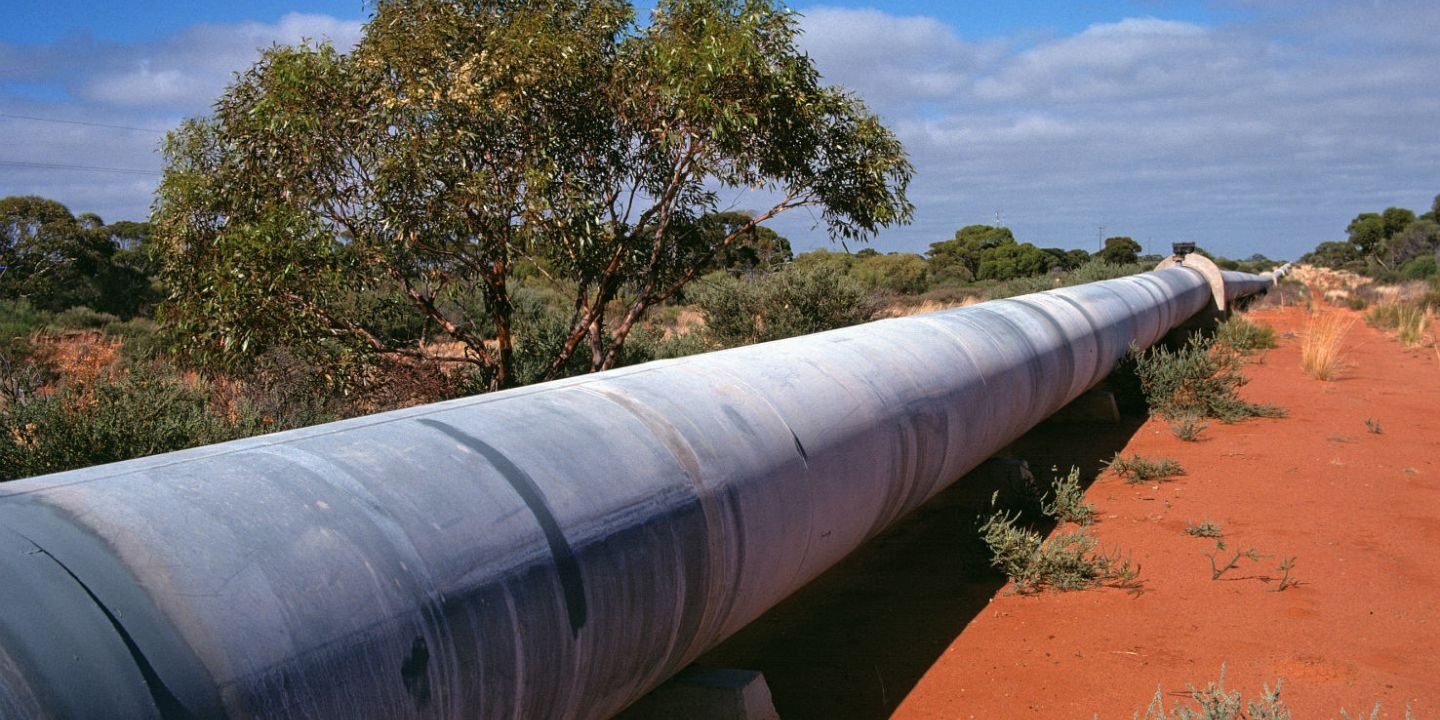
Thursday 31st July 2025

Por inAfrika Reporter
As the world races toward decarbonization, Africa’s challenge is not simply to eliminate emissions but to provide electricity to nearly 600 million people still living in energy poverty. Experts argue that fossil fuels, far from being obstacles, can serve as the bridge to an inclusive, just transition.
Oil and gas revenues can be reinvested into projects that bring renewable energy to underserved areas. Off-grid solar systems and mini-grids can transform rural lives if they are properly financed. Using fossil fuel revenues to build these systems gives countries the ability to power homes, schools, and health centers while still pursuing long-term sustainability goals.
Innovative funding tools like the newly launched Africa Energy Bank are poised to close the continent’s massive energy financing gap. Development banks and private investors are also being mobilized, often with the help of risk mitigation tools and concessional loans. These mechanisms are essential to finance Africa’s transition on its own terms.
Policy environments must also support this shift by offering incentives for public-private partnerships and stable regulatory frameworks. Policymakers are increasingly recognizing that Africa’s path to net-zero cannot mirror that of industrialized nations. The continent emits less than 4% of global emissions and has development priorities that are urgent and non-negotiable.
Africa doesn’t have to choose between fossil fuels and renewables. Instead, both can be used strategically. Fossil fuels generate revenue to finance the infrastructure and innovation needed for a sustainable future.


